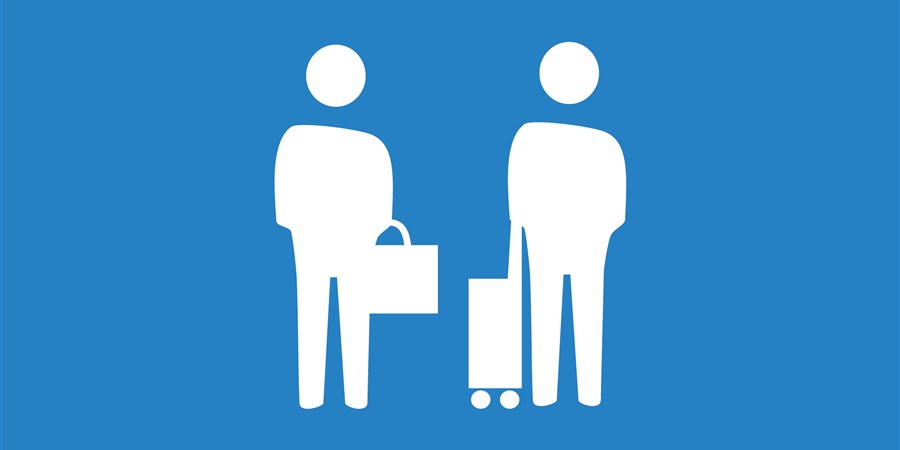How many residents have a foreign country of origin?
Of the 17.6 million people residing in the Netherlands on 1 January 2022, 2.6 million were born abroad. They came to the Netherlands as migrants. The remaining 15.0 million residents were born in the Netherlands. They include 2.0 million who belong to the second generation: born in the Netherlands, but with one or both parents born abroad. Just over half (1.1 million) have one foreign-born and one Netherlands-born parent, while just under half (910 thousand) have two foreign-born parents.
| Geboren in | Inhabitants |
|---|---|
| Person and both parents Netherlands-born | 13013 |
| Person and one parent Netherlands-born | 1118 |
| Netherlands-born, both parents born abroad | 910 |
| Born abroad | 2550 |
Which origins are common among migrants and their children?
As at January 2022, 2.5 million residents of the Netherlands were born in a foreign country. Two thirds of these migrants (1.7 million people) had their origins outside Europe. Among the traditional countries of migration, the group born in Turkey is the largest (205 thousand), followed by inhabitants born in Suriname (178 thousand) and Morocco (173 thousand). The Netherlands is also home to a relatively large group of migrants born in Other - Asia (497 thousand).
As for the children of migrants who were born in the Netherlands, there are differences in the distribution by country of origin between those with one foreign-born parent and those of whom both parents were born abroad.
Of the 910 thousand residents born in the Netherlands with two foreign-born parents, by far the largest group comes from Outside Europe. One-fifth (189 thousand) are of Moroccan origin, and a slightly lower number (165 thousand) are of Turkish origin.
Of the 1.1 million Netherlands-born residents with one foreign-born parent, 43 percent have a parent who was born in another European country. The largest group (190 thousand) has a father or mother who was born in Indonesia.
| Geboren in | Europe (excl. Nederland) (x 1,000 inhabitants) | Indonesia (x 1,000 inhabitants) | Morocco (x 1,000 inhabitants) | Dutch Caribbean (x 1,000 inhabitants) | Suriname (x 1,000 inhabitants) | Turkey (x 1,000 inhabitants) | Other (x 1,000 inhabitants) |
|---|---|---|---|---|---|---|---|
| Born abroad | 875.9 | 106.3 | 173.5 | 102.9 | 178.1 | 205.2 | 909.9 |
| Netherlands-born, one or both parents born abroad | 601.1 | 257.7 | 245.5 | 82.1 | 183.9 | 225.8 | 430.1 |
| of which | |||||||
| Netherlands-born, one parent born abroad | 483.0 | 190.4 | 56.6 | 46.3 | 73.8 | 60.3 | 207.7 |
| Netherlands-born, both parents born abroad | 119.6 | 67.7 | 189.4 | 35.9 | 109.7 | 165.5 | 222.4 |
New classification by origin: born in the Netherlands and country of origin
As of February 2022, CBS adopted a different approach when publishing data on people who were previously referred to as having a western or non-western migration background. Greater emphasis is now placed on where a person was born and less on where their parents were born. Instead of migration background, the term ‘origin’ is used.The main categories western/non-western have been replaced by categories based on continents and a few countries that share a specific migration history with the Netherlands. See also: Introduction to the Report on Integration and Society 2022 (Dutch only)
